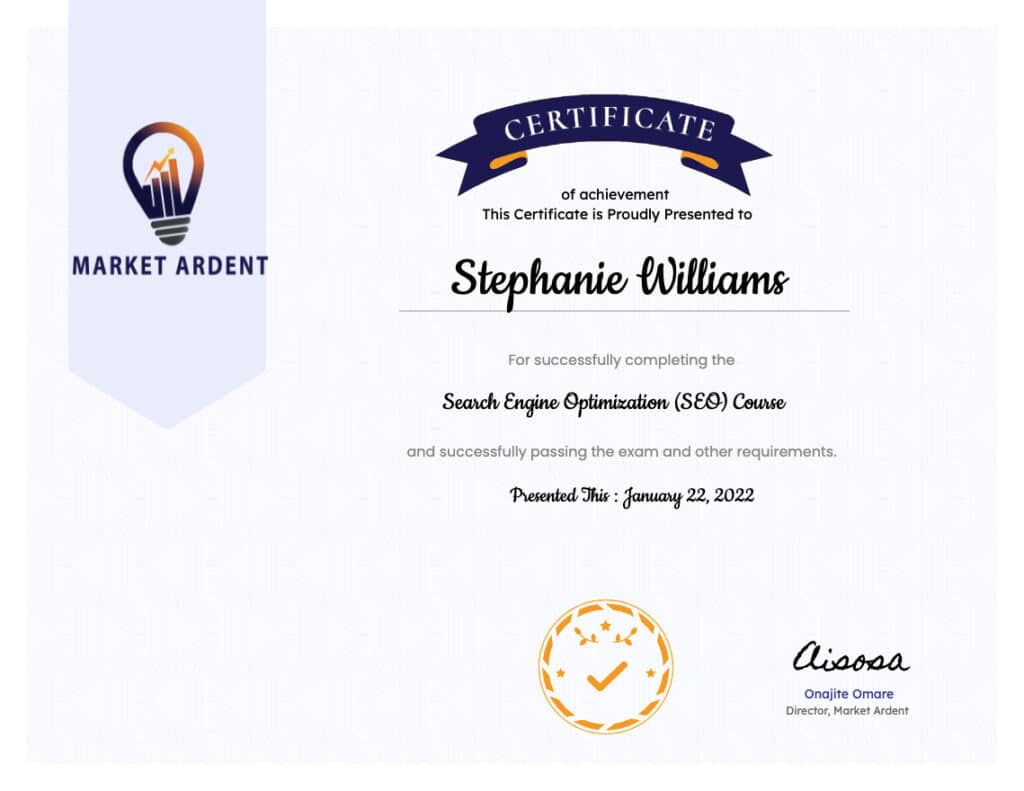
If you are an online business owner, you probably are interested in ecommerce statistics. These statistics include information about the dominant market men and the millennial generation driving the industry's growth. These statistics also include information such as how alcohol increases ecommerce sales, and how 27% shop online. These statistics are vital for any eCommerce business as they apply to all countries and all types of eCommerce products.
Men dominate ecommerce statistics
While women are the main buyers of most consumer goods, ecommerce statistics still show that men dominate. Digital Commerce 360 shows that more than half of all apparel and accessories businesses are owned by women, as well as nearly 40% of all cosmetics and jewelry stores. Furthermore, the majority of the CEOs of top brands catering to women are men. L Brands's Victoria's Secret is run by a man, while makeup company L'Oreal S.A. is led by a man named Jean Paul Agon. Alessindro Borgoliolo, Tiffany & Co. CEO, is a male.

Sales of ecommerce increase when alcohol is used
Ecommerce sales are on the rise in alcohol industries due to the pandemic, which has made it necessary for retailers to adopt digital and omnichannel business models. Global alcohol market ecommerce is forecast to grow by 42% between 2024 and 2024. The marketplaces account for close to half of this market. Ecommerce for ready to drink products will account for 10% in the market over the next three year. US$14.2 Billion is projected to be consumed in alcohol sales by 2024. Most of that will come from ecommerce, which will include wine and spirits.
Millennials are the biggest age group for ecommerce shoppers
Ecommerce retailers need to understand how to attract this generation. These people are the most influential among all generations, and they are a significant source for brand spending power. The Generation Z group, made up of people born in the early 2000s, has also been a key demographic for retailers. Their buying power is estimated at nearly $200 billion. Although they are more tech-savvy than other generations, they still browse differently than Millennials.
Global ecommerce revenues grew 24% to $4.29 TILLION in 2020
For the past several years, the global ecommerce market has grown at a steady rate, but the recent COVID-19 crisis accelerated the growth rate. Online stores shipped their goods while people stayed at home. The global ecommerce industry continues to expand and by 2020 will make up about 20% of all retail revenue. But what's the next big step in this business?

Mobile payments are driving ecommerce's growth
Despite being overshadowed and dominated by online shopping by the popularity mobile wallets (and other payment methods), mobile transactions remain a large part the ecommerce market. Today, most card-powered ecommerce transactions are done on smartphones and tablets. Many consumers have switched to using their smartphones and tablets instead of their debit or credit cards. Smartphones and tablets are so popular that they can be used as cash registers.
FAQ
How much do online affiliate marketers make?
Online affiliate marketers make an average of $0-$100k a year.
Many of these individuals are self-employed, and many have their websites.
They use various methods to promote products on their sites, including banner ads, text links, contextual advertising, search engine optimization (SEO), social media marketing, etc.
Affiliates typically earn between $50 and $100 per sale.
Some affiliates could earn as high as $1000 per sale.
What is the cost of hosting a website?
Hosting prices can vary depending on how much website traffic you receive.
If you receive 10,000 unique visitors each month, your monthly cost will be $50.
You can expect to pay around $100 per month if you have 100,000 pageviews per month.
What's the difference between cloud hosting and web hosting?
Web hosting is the act of storing data on servers located in a particular place. Cloud hosting refers to storing data in remote servers accessible via the internet.
How can I quickly make money online?
There are many options available to make extra income online. You can try affiliate marketing, blogging or selling products on Amazon, eBay, Etsy, and eBay.
A possible alternative is to start an ecommerce store that sells physical items like clothing, electronics and toys.
This would be a great place to use your experience and make money.
Do I need a domain name registration before I can build my website?
Yes. Before you launch your website, it is necessary to register your domain.
Domain names typically cost $9 per year. To give an example, a domain name that is dot.com will cost about $9 per year.
Are there any other good affiliate networks?
Yes! Yes, there are other highly reputable affiliate networks. ShareASale and CJ Affiliate are just a few examples.
Each sale is paid between $10-20 commission by these networks. The networks offer a range of tools and features to aid affiliates.
Do I have to pay for hosting on sites such as WordPress.org?
No. Free hosting sites do not allow you to customize your website design.
They also limit your visitors to your website.
Statistics
- Some 70% of consumers say SMS is a good way for businesses to get their attention. (shopify.com)
- Backlinko found that the #1 organic result is 10 times more likely to receive a click compared to a page in spot #10. (shopify.com)
- A recent study by Mediakix revealed that 80% of marketers find influencer marketing effective. (shopify.com)
- According to the Baymard Institute, 69.82% of shopping carts are abandoned. (shopify.com)
- One of the most well known sites is the Amazon affiliate program, Amazon Associates , which boasts the largest market share of affiliate networks (46.15%). (bigcommerce.com)
External Links
How To
There are pros and cons to affiliate marketing
Affiliate marketing, which is performance-based marketing, allows affiliates to receive compensation from advertisers for driving traffic to their websites. PPC (pay-per click) is the most popular method of affiliate marketing. Other forms of affiliate marketing are cost per action (CPA), Cost per Lead (CPL), as well as cost per Sale (CPS).
This type of marketing has the main advantage that affiliates don't need any special skills or knowledge in order to generate sales. They simply need a website with some promotional material. Affiliate marketing has its own disadvantages. Affiliate marketing is not for everyone. To make money you will need many visitors to the site. It is also necessary to invest time in content development and promotion of your site. It is also difficult to establish and maintain affiliate programs. Affiliates often start small and grow to full-time businesses.
Pros:
-
It is simple to get going with no initial investment.
-
No long-term commitment.
-
Low risk
-
Easy to scale
-
Can be used for beginners.
-
You don't have to understand the business model.
-
You can use it to build a passive income stream.
-
There's no need to fret about customer support.
-
You can create a flexible schedule.
-
You can work anywhere.
Cons:
-
It takes time for growth.
-
You might have difficulty competing against larger companies.
-
It takes patience.
-
It's not appropriate for everyone.
-
You cannot control the product quality you promote.
-
It can be difficult to measure the results.
-
It can be expensive to run if your don't understand what you're doing
In conclusion, affiliate marketing is a great way to make money online. It's one of the easiest types of online entrepreneurship to start, but it takes a lot of effort and dedication to succeed. These posts provide more information about affiliate marketing.